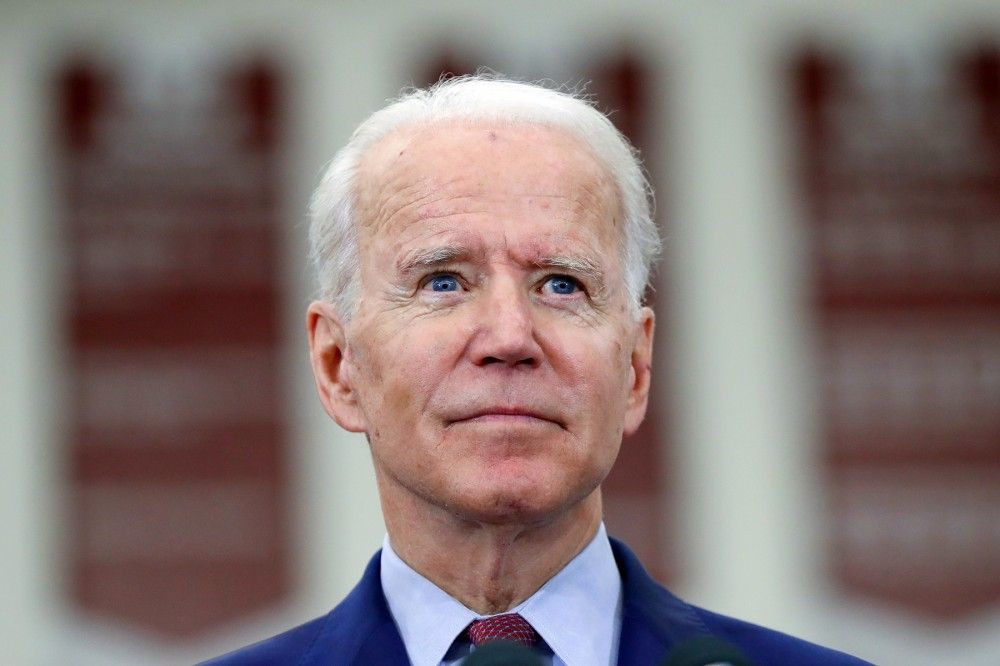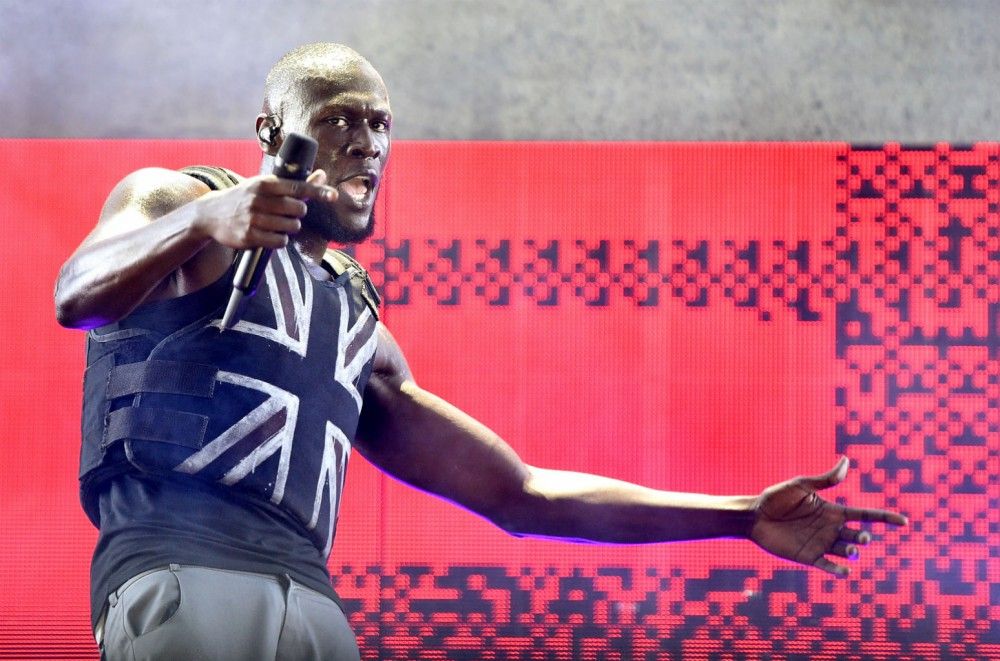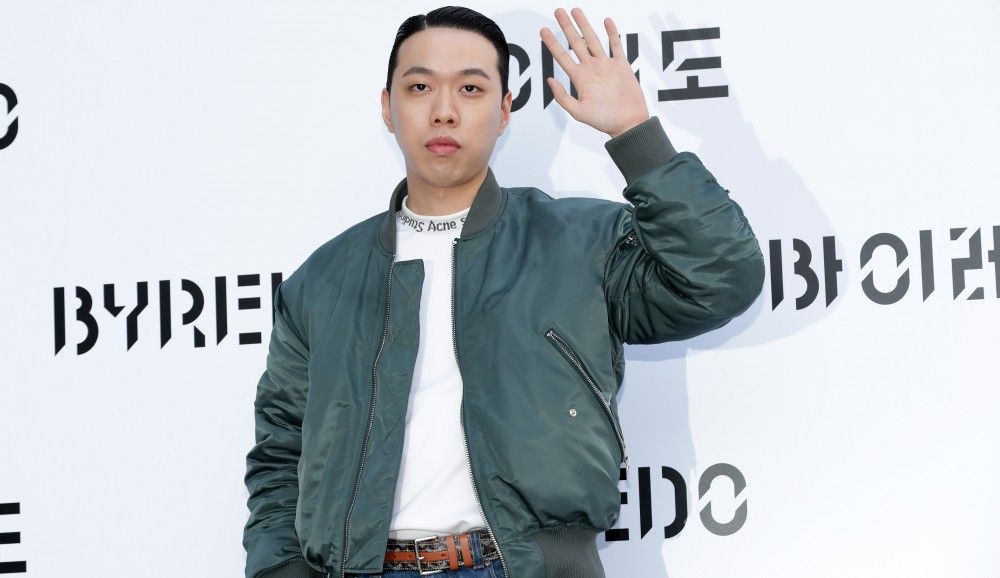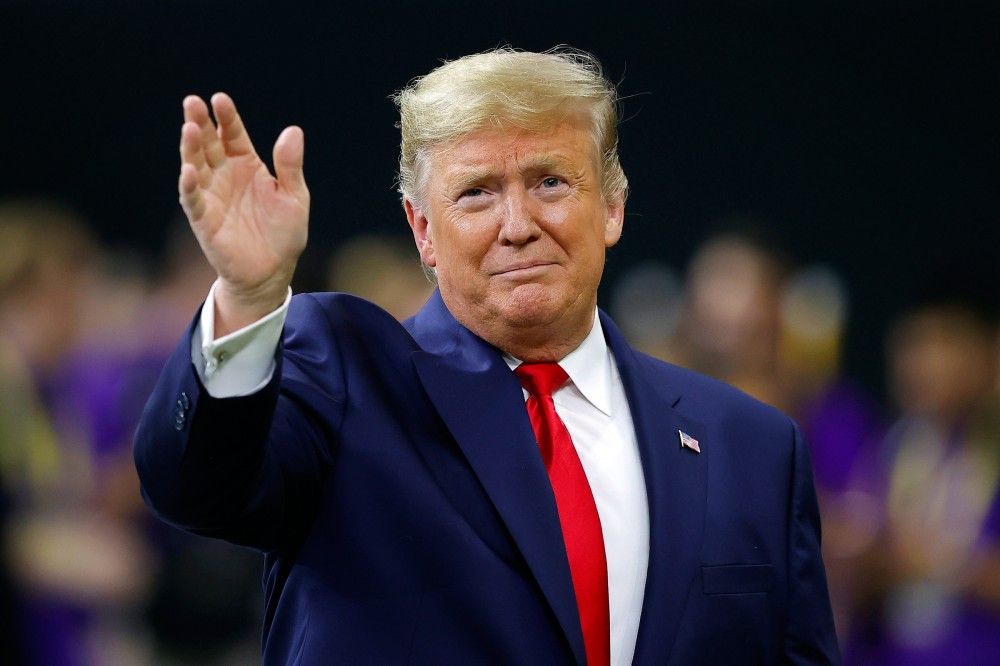
Joe Biden Has Been Dropping Hints About his VP Pick
WASHINGTON — Former Vice President is close to all but securing the 2020 Democratic presidential nomination after comfortable victories on Tuesday in Michigan, Mississippi, Missouri, and several other states. A question now looms over his candidacy: Who will Biden choose as his running mate?
Biden himself has dropped more than a few hints about who he’d want on the ticket with him since he entered the presidential race in early 2019. There’s Stacey Abrams of Georgia — a star in the Democratic party who was mentioned as a possible running mate for nearly all of 2020 candidates. But there are other names on the list, including a pair of senators from the state of New Hampshire and even possibly former Deputy Attorney General and #resistance hero Sally Yates.
There will be tremendous pressure on Biden to choose as a woman as his running mate after half a dozen women competed for the nomination but fell short. “There must be a woman on this ticket,” Cecile Richards, the former head of Planned Parenthood for America and founder of Supermajority, a new political advocacy group, told the New York Times this week. “What is really important to see is representation, a commitment to the issues that women care about and a commitment to do something about it.”
There are strong indications that Biden intends to do just that, judging by the names he’s given and other hints from Biden advisers. Here’s a quick rundown of everything we know so far about the type of person Biden might pick to be his running mate and who that candidate might be.
‘Simpatico’ with Biden’s vision for the country
In an interview on Monday night, Biden told MSNBC’s Lawrence O’Donnell that the “most important thing” in choosing a vice-presidential candidate was someone who was “simpatico with me in terms of where I want to take the country.”
Biden referred back to his eight years as Barack Obama’s vice president as a model for his own choice. He said Obama effectively handed him 10 to 20 percent of the president’s portfolio and said to him, “Do it as if you’re president.” He told O’Donnell: “There is so much that lands on a president’s desk, and he or she can’t do it by themselves.”
In the MSNBC interview, Biden declined to name any potential candidates for the running-mate slot and noted it was presumptuous to be discussing what he’d want in a VP before securing the nomination. Still, he said the “first test” for a potential VP would be someone who shared his vision for the country. “We can disagree on tactic but not on strategy,” he said.
He did say there were “a number of women and African Americans as well” who met his criteria for a running mate. He also promised that his administration from vice president on down “is going to look like the country.”
Will it be Stacey Abrams?
On February 5th, 2019, Stacey Abrams — whom Rolling Stone recently profiled — gave the official Democratic response to President Trump’s State of the Union address to Congress. Within minutes of her finishing, Biden’s campaign tweeted that Abrams, who had lost her campaign for Georgia governor in 2018 by the narrowest of margins and amid accusations of fraud and voter suppression by her Republican opponent, had achieved “in a matter of minutes something Donald Trump failed to do in over an hour — to embrace and give voice to the spirit and core values that make America great.”
Stacey Abrams achieved in a matter of minutes something Donald Trump failed to do in over an hour — to embrace and give voice to the spirit and core values that make America great.
— Joe Biden (Text Join to 30330) (@JoeBiden) February 6, 2019
Biden had campaigned for Abrams in Georgia in 2018. And not long after Abrams’ State of the Union rebuttal, advisers to Biden sparked a cycle of rumors by floating the idea in Axios (where else?) of Biden “packaging his presidential campaign announcement with a pledge to choose Stacey Abrams as his vice president.”
By all indications, Abrams was not pleased with the suggestion. “What makes it particularly exploitative is that Biden couldn’t be bothered to endorse Stacey in the gubernatorial primary,” an Abrams adviser told BuzzFeed News. “Now he wants her to save his ass. That’s some serious entitlement.” (Biden did endorse Abrams for her general election.)
During an appearance soon afterward on The View, Abrams said she didn’t get into politics to “run for second place” but added that she was “open to a number of options right now, I’ve got plenty of options.” As for the presidential race, she added that “f I’m going to enter a primary, then I’m going to enter a primary. If I don’t enter a primary, my job is to make certain that the best Democrat becomes the nominee and whoever wins the primary, that we make sure that person gets elected in 2020.”
In August 2019, Abrams — who has made clear she wants to eventually run for president — said she remained open to serving as the Democratic nominee’s running mate. “I would be honored to be considered by any nominee,” she told the New York Times.
During a November 2019 town hall, Biden named Abrams — “the woman who should have been the governor of Georgia,” he called her — as one of his possible choices for VP. And just this month, at an event in Selma, Alabama, with Biden in the audience, Rev. Al Sharpton said “to our vice president — I’m talking about Stacey Abrams, not you Joe.” According to a HuffPost reporter in attendance, Biden laughed and mouthed the words “I know.”
In response to questions from Rolling Stone, an Abrams spokesman sent this statement: “Leader Abrams would be honored to be asked to join the ticket of the Democratic nominee. For now, she is focused on fighting voter suppression across the country and ensuring an accurate census. She will cast her personal vote along with fellow Georgians on March 24.”
Biden’s other choices
At that same November town hall, Biden named a few other potential running mates, all of them women who’d served in elected office or worked in the federal government.
He mentioned “the former assistant attorney general who got fired,” a reference to Sally Yates, the former deputy assistant general who was fired in 2017 for refusing to implement President Trump’s anti-immigrant executive order. He also named “the two senators from the state of New Hampshire,” Democrats Jeanne Shaheen and Maggie Hassan.
Spokeswomen for Yates, Hassan, and Shaheen did not respond to requests for comment.



